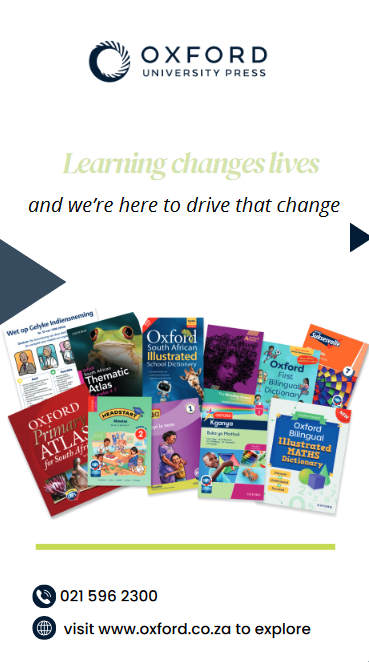Gugulethu K. Radebe
The Hate Crimes working group recently released a study which inspired a News 24 article headlined ‘Teachers, preachers, doctors, police and politicians to blame for hate crimes’.
This study, among other things, looks at hate incidents suffered by a group of 945 victims.
These results overwhelming speak to the influence that pillars of society, such as those mentioned in the news headline, were actively participating in the marginalisation of individuals in communities.
These trusted members of society were directly and indirectly the cause of the hate crimes that then follow the attitudes of hate and discrimination that are still prominent in the South African society.
2% of the offenders were school or college staff members.
This seemingly small number is further confirmed by the frequency of headlines in the news about the roles of teachers in physical, psychological and sexual abuse that is reported in the news.
These hate crimes are level three and four when looking at the pyramid of hate, a tool often used to teach about the stages leading up to genocide and crimes against a particular group of people.
This tool is often used to teach about how prejudiced attitudes escalate to the point of genocide, though an oversimplified understanding of hate and hate crimes, it helps learners to understand the power of individual thoughts and how, when these ideas are spread through society, can lead to much bigger and more destructive outcomes for both the victims and perpetrators.
With the increase in diversity in South African classrooms and the adoption of a more expressive and liberal culture in our society, it has become increasingly important for teachers to check their own attitudes and fears before standing in front of group of learners.
A lot of the conservative attitudes that often lead up to bigotry can contribute to intentional and unintentional marginalisation of different learners.
As educators we need to find ourselves in a place where we are able to reflect on our own attitudes towards life and see how these attitudes come through in our professional work environment.
In the words of Henry Adam, “A teacher affects eternity; [s]he can never tell where his [her] influence will stop”, the power and influence we have helps to shape society in a massive way. And in having this power, we need to be more intentional and more conscious of how we are not only shaping the faces we see on a daily basis but every single life that they will touch.
With a new wave of diversity and transformation conversations in many school environments, we need to be able to identify what we as individuals may have gotten wrong and approach these spaces as opportunities to connect with our learners at levels that we may have not been able to with attitude that may other[ise] a part of the population in our classes.
We need to be more willing to be open and vulnerable in order to allow ourselves to learn, be corrected and be heard. We need to get to a place where we can listen to learners and members of staff who have suffered as a result of prejudice and bigotry without feeling like we need to defend our own world views.
In recognising the pain caused by bigotry and hate, we are able to empower our learners with tools to check their own prejudice and to create a society that asks more than it judges and that accepts easier than it rejects. We are the agents of change that are necessary for starting conversations about pain, suffering and isolation that so many students suffer.
As teachers, we have the scary and exciting privilege of watching our learners grow and develop. And we need to be intentional about the kind of questions we ask our learners with the hope of allowing them to widen their world view and to encourage dialogue around acceptance, equality and daring to understand.
Radebe is a teacher, poet and social activist.










